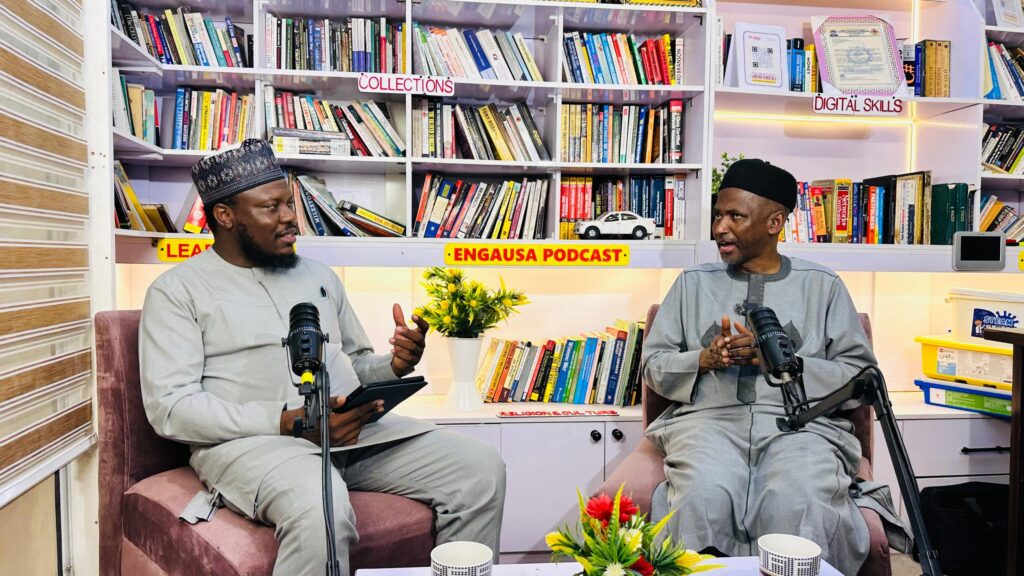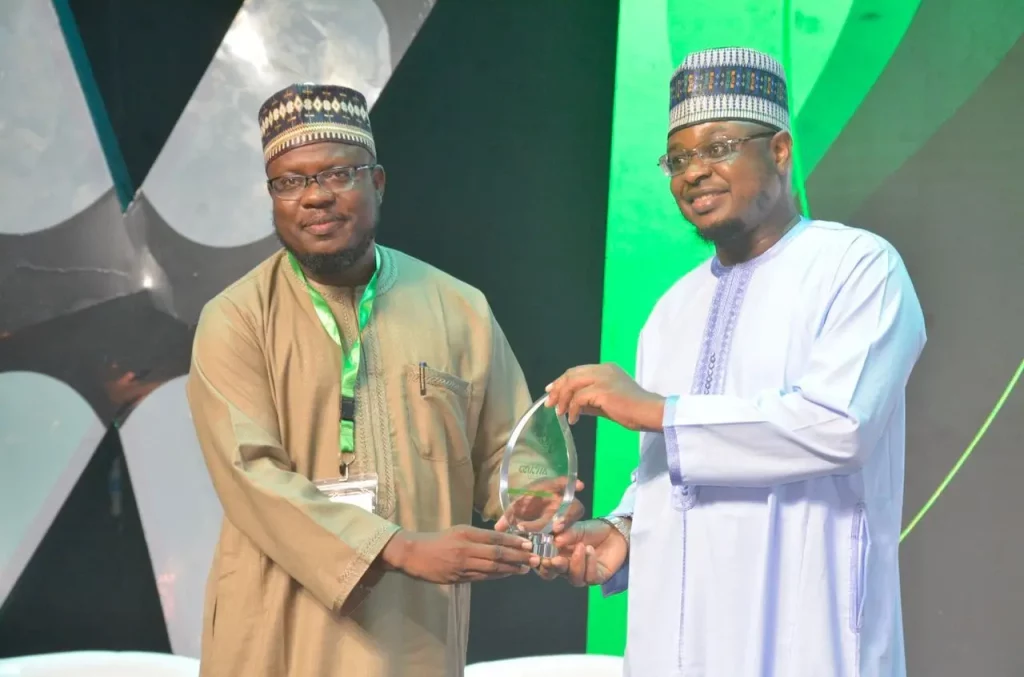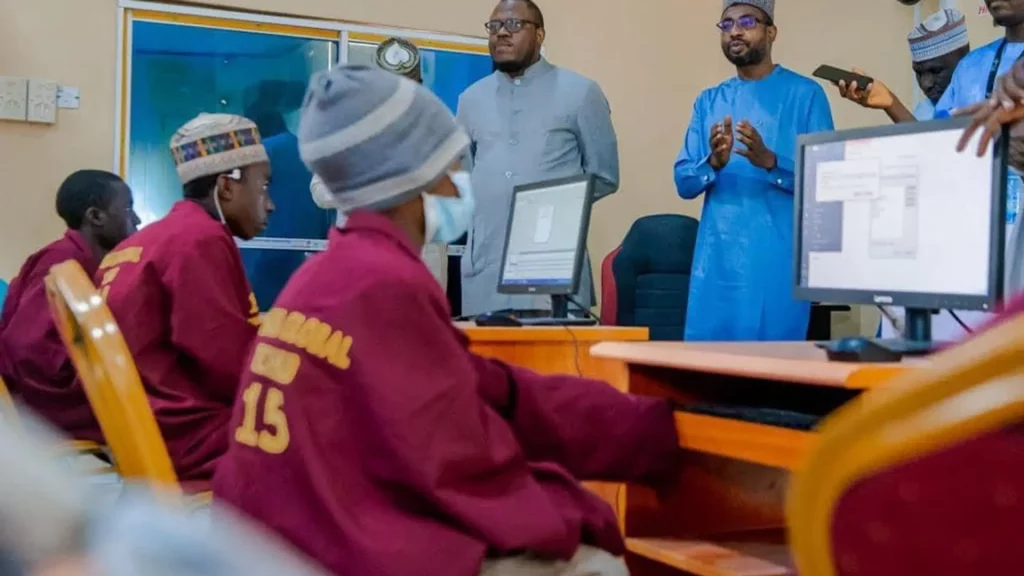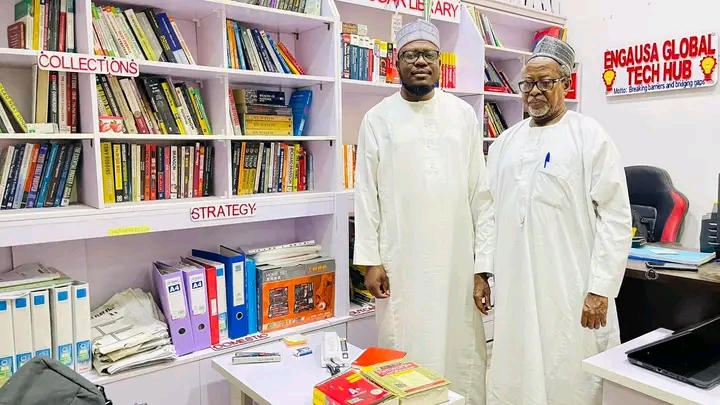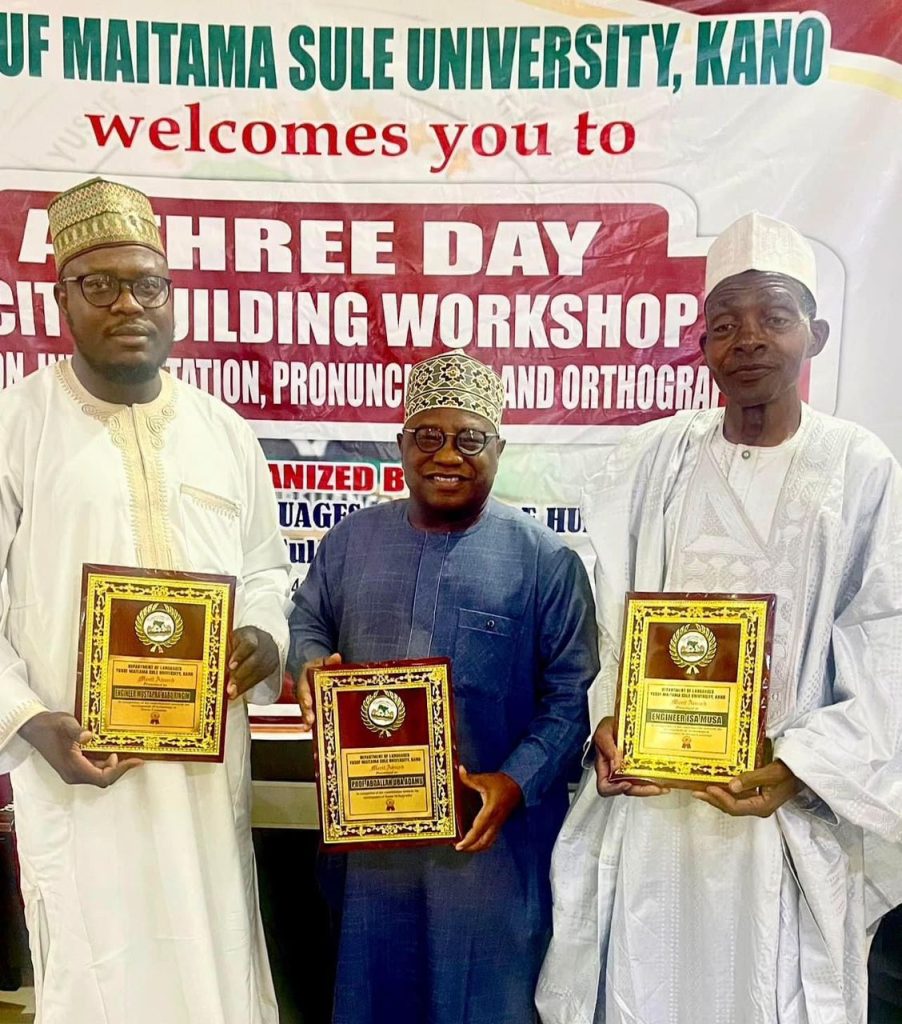In this episode, we had the honor of hosting Engr. Mustafa Balarabe Shehu, President of the World Federation of Engineering Organizations (WFEO). His journey is both remarkable and inspiring: from studying Electrical Engineering at Ahmadu Bello University, Zaria, to rising through the ranks and becoming the first WFEO President from Sub-Saharan Africa.
From Civil Service to Global Leadership
After spending 13 years in civil service, Engr. Shehu made the bold decision to resign and establish his own engineering company. That step, though challenging, became the foundation of his path to global recognition.
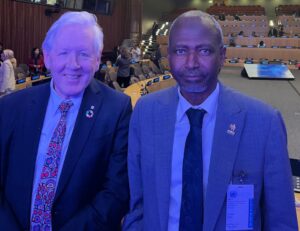
Reflecting on the private sector, he noted that one of the greatest challenges entrepreneurs face is not only securing contracts but also finding competent people to work with. Yet, these very challenges shaped his philosophy and prepared him for leadership at the highest level.
When asked what gave him the confidence to take on the WFEO presidency, he traced it back to lessons from his private practice:
“When you want to build sustainable companies, you have to think beyond yourself. You have to build systems and structures that ensure continuity even when you are not there, and you have to surround yourself with like minds.”
The Power of Language in Learning
At the start of the podcast, he was asked about ENGAUSA’s model of teaching science and technology in the mother tongue. His response was both practical and profound:
“If you go to advanced and developed countries, that is what they do. They teach in their language, and that is why you find that children understand what is being taught to them faster. At our WFEO meetings, we need translation devices because not all members understand English, yet all are thriving engineers. We need to rid ourselves of this colonial mentality that makes us treat our language as inferior.”
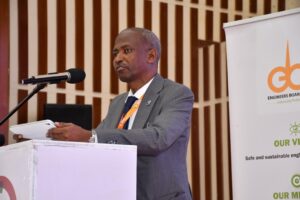
Engineering as the Backbone of Nation-Building
Engr. Shehu stressed that engineering is the true driver of nation-building. To grow as a country, he argued, Nigeria must prioritize engineering and create solutions from within at an industrial scale.
Drawing from his international experience, he shared an example from China, where a single company operates 11 research institutes under its R&D department, employing 120,000 engineers a number greater than the total engineers in Nigeria.
His message was clear: without promoting manufacturing and supporting local innovations, Nigeria risks further decline. Above all, the government must provide the right policies and an enabling environment for manufacturing and engineering-driven solutions to thrive.
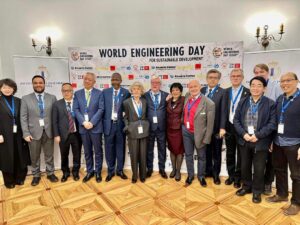
Growing Local Talent for the Future
Engr. Mustafa Balarabe Shehu’s journey is more than a personal success story; it is a call to action. His reflections remind us that building strong systems, valuing our languages, and prioritizing engineering are not abstract ideals they are urgent necessities. If Nigeria is to rise to its full potential, it must embrace skills, innovation, and policies that empower local solutions.
The conversation left us with one undeniable truth: nations are built not by chance, but by deliberate investment in people. For Nigeria, the path forward lies in cultivating local talent training, supporting, and equipping our own young engineers to design the future from within.
Click the link below to watch the podcast
For more information:
Website: www.EngausaHub.com.ng
Foundation: foundation.engausahub.com.ng
Phone (WhatsApp & Telegram): 07038224643
Email: [email protected]
